|
Perhaps it is obvious to say that we should speak (and write) the truth.
Honesty is one of the fundamental principles of yoga, generally referred to using the word satya or truth. It is also fundamental to moral and spiritual traditions around the world and throughout history. Pick any tradition with a moral stance, and honesty or truth is probably in the top 10 rules. So it is hard to overstate the importance of avoiding lies, at almost all costs. DISSONANCE WITH REALITY The most significant reason to speak and think honestly is that it keeps us in harmony with reality. When we knowingly say false things, it pits us against the actual truth, which is a battle that we will not win, and it plays out in our psyche. For the most part, lying is an attempt at power. If I tell you an untrue version of events, you have little choice but to believe me. So, for a short while at least, I have exerted power over your perception of reality. The more elaborate I can make my lies, the more people I can convince and the more I feel that I am actually controlling what is real. This makes me feel powerful. The problem with this, aside from misleading others (which is usually remedied over time and through learning, as people gain new perspectives and information; the truth usually comes out), is that I have pitted myself against actual reality. I have fashioned myself as a creator of truth, which is not a natural role for a human, since we are far too small to control it. With every lie I tell, I separate myself from the way things actually are. I disconnect myself from reality. We have little choice in the matter: lies unhinge us, because they separate us from the truth. But the opposite is also true, which is why moral traditions take truth so seriously. The more I speak the truth and align myself with reality, the more I come into harmony with the way things are. So the world becomes clearer, people's thoughts, intentions and actions become clearer, and my own purpose becomes clearer. When I have made myself consonant with reality, much confusion and obscurity dissipates. WHAT IF I'M WRONG? None of us know everything, so it is inevitable that we will learn new information that proves our beliefs and statements wrong. There is no inherent dishonesty in being wrong. What is important is staying aligned with reality. So when our knowledge changes and we become aware of something new, often our beliefs must change to keep us truthful. It is far too easy and common for us to establish what we think of as "the truth," and then defend it against new information. This is called "confirmation bias," where we accept information that supports our currently-held worldview while rejecting anything that conflicts. This is admittedly part of our human psychology, but it amounts to telling ourselves little lies to maintain power over our construction of reality. In doing so, it separates us from actual reality.
0 Comments
Leave a Reply. |
AUTHORSScott & Ida are Yoga Acharyas (Masters of Yoga). They are scholars as well as practitioners of yogic postures, breath control and meditation. They are the head teachers of Ghosh Yoga.
POPULAR- The 113 Postures of Ghosh Yoga
- Make the Hamstrings Strong, Not Long - Understanding Chair Posture - Lock the Knee History - It Doesn't Matter If Your Head Is On Your Knee - Bow Pose (Dhanurasana) - 5 Reasons To Backbend - Origins of Standing Bow - The Traditional Yoga In Bikram's Class - What About the Women?! - Through Bishnu's Eyes - Why Teaching Is Not a Personal Practice Categories
All
Archives
May 2024
|

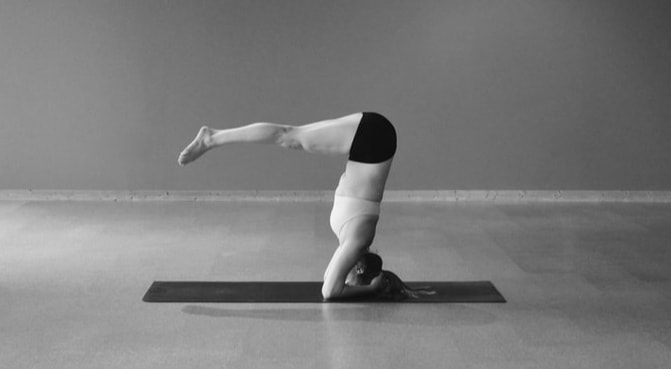
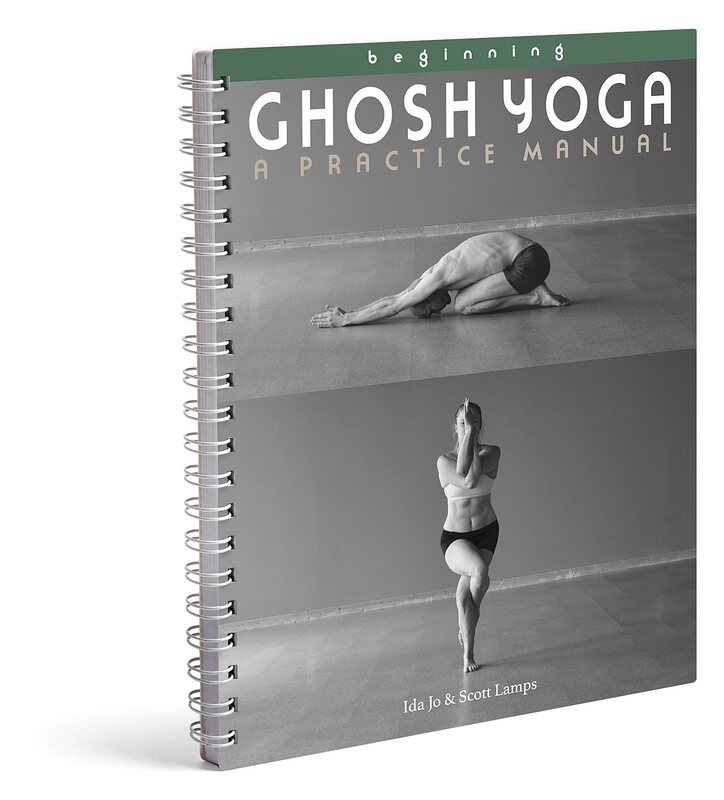
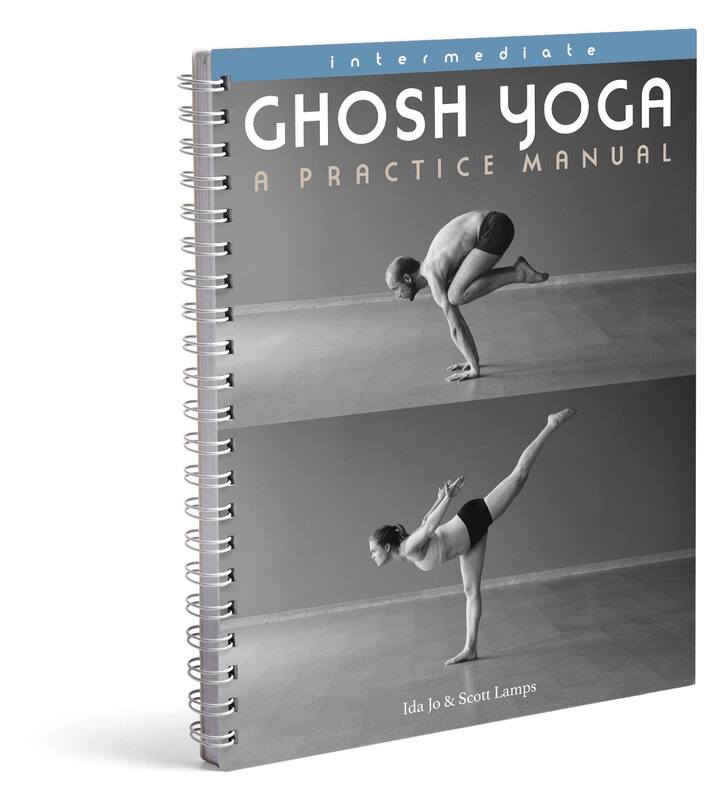
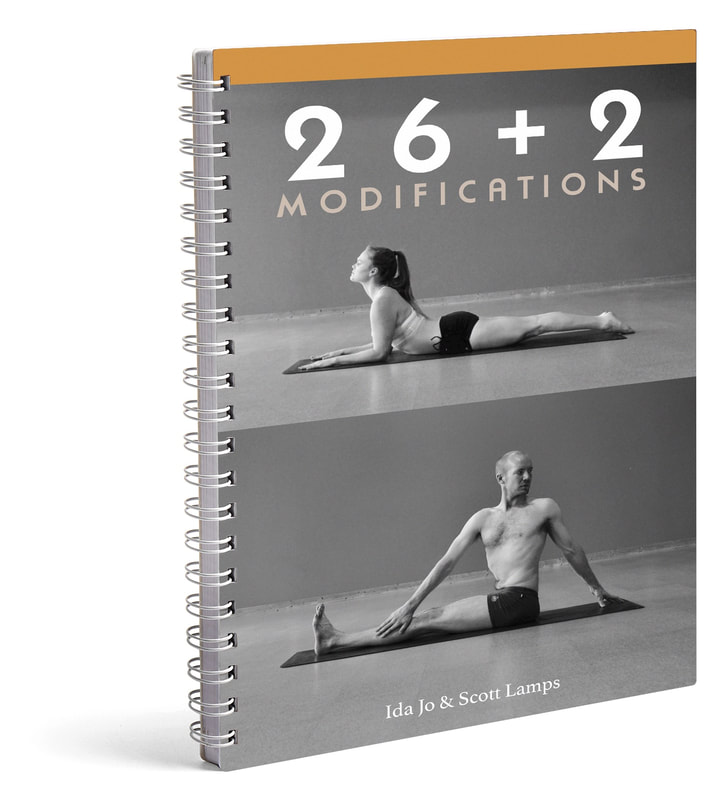

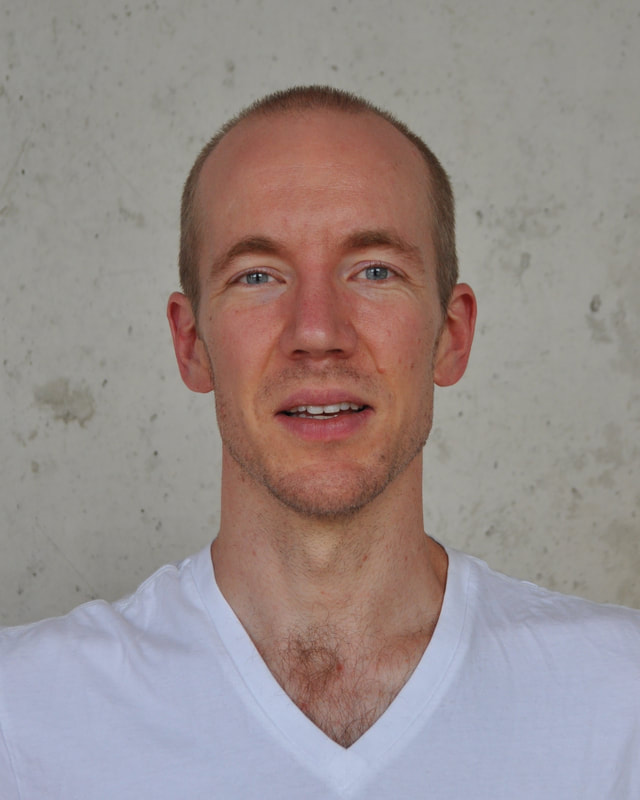
 RSS Feed
RSS Feed